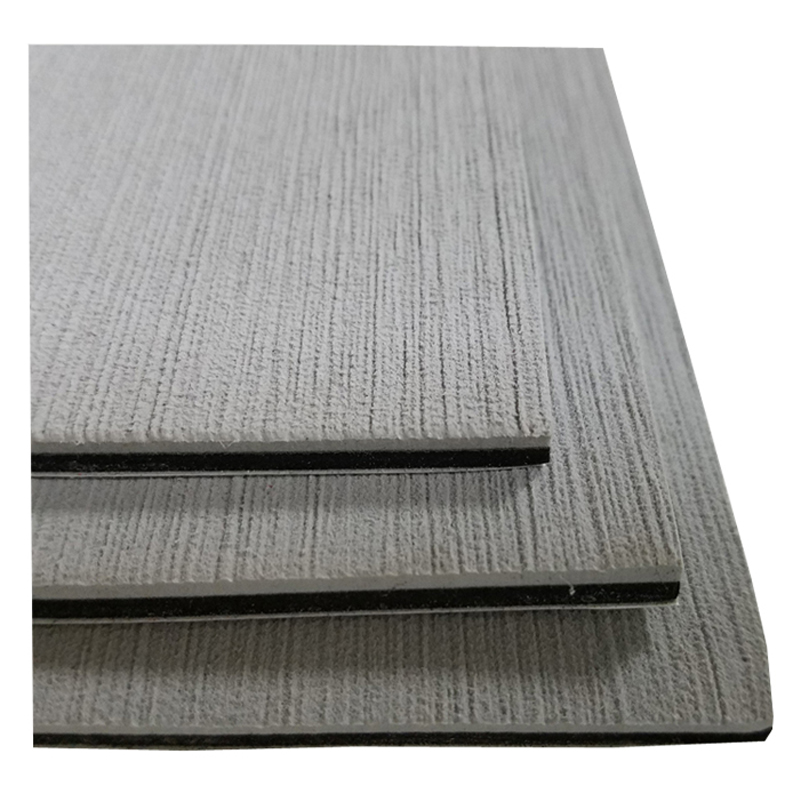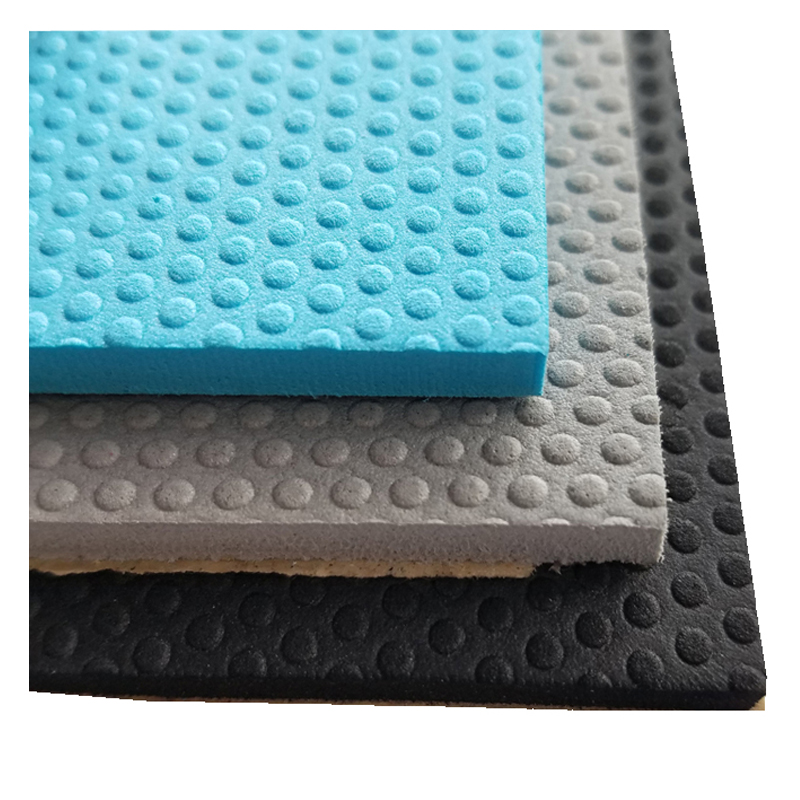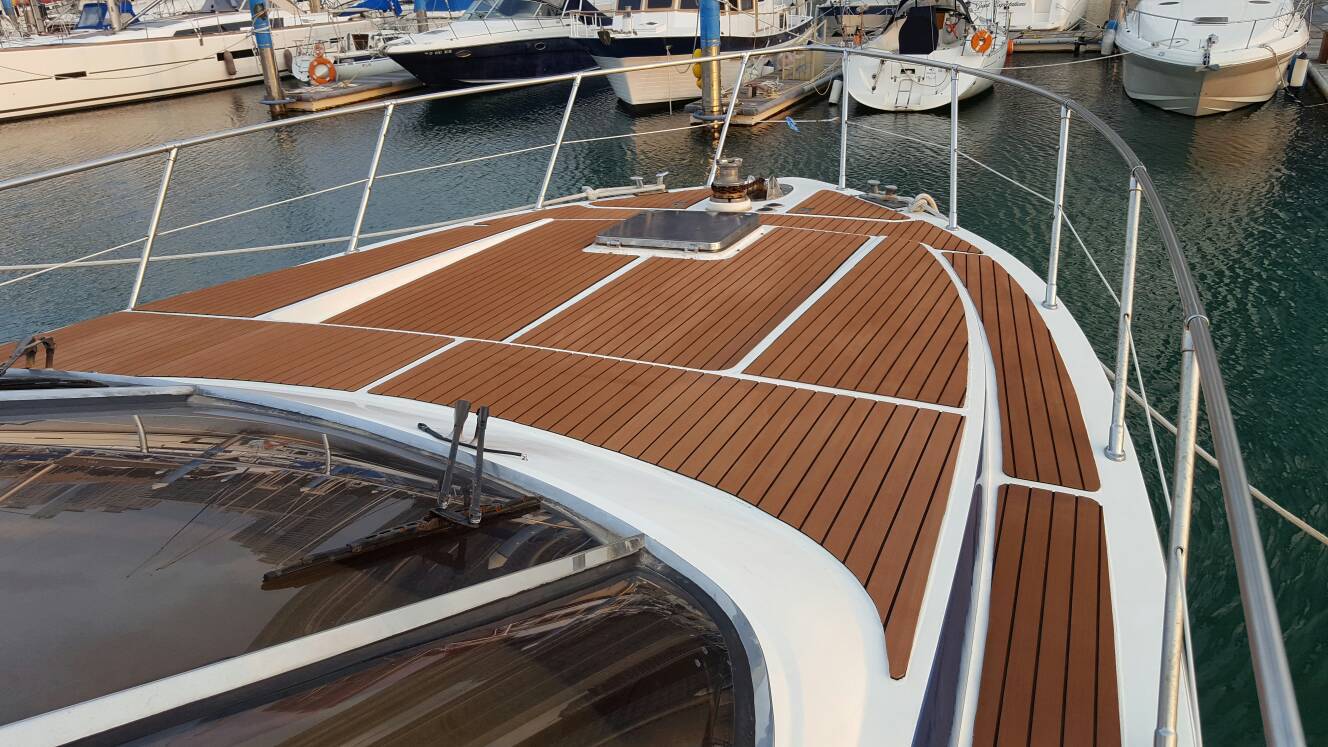EVA Boat Flooring is a new type marine sheet flooring for boat or yacht. Made from marine grade UV-resistant, closed cell EVA foam material, it is waterproof, antibacterial, comfortable, durable and non-skid.
Basically, the boat flooring has two different textures available, which is brushed and embossed. The sheets can be cut into size to fit the shape of boat decking, then peel the adhesive on the backing and stick it.
Normally the EVA marine sheet can be applied on the boat decking, or with a thicker material, it can be applied as helm station pad, seat pad, or coming bolster pad. What's more, it can be also applied on the edge of swimming pool, cause it can provide a good traction and safety when the feet is wet.
Eva Boat Flooring,Eva Yacht Flooring,Marine Sheet,Diy Boat Flooring,Boat Floor Mat,Boat Mat Huizhou City Melors Plastic Products Co., Limited , https://www.foamexpert.net



China's export market for dehydrated vegetables has broad prospects
Looking at the dehydrated vegetable market in recent years, the production and sales of dehydrated vegetables have broad market prospects. From the hot scene at the 2010 Asian Food Ingredients Exhibition, we can see the promising prospects of dehydrated vegetables. In the past 10 years, the trade volume of dehydrated vegetables in the international market has exceeded US$2 billion annually. Although the output and variety of dehydrated vegetables in China are increasing, the output has already accounted for about 60% of the world's total production, and it has increased at a rate of 30% per year, but it still cannot meet the market demand. In addition, due to the increase in the cost of vegetable production in some developed countries, many countries and regions are willing to import cheap vegetable products from China. According to authoritative information, the statistics on the global export market and total export volume of dehydrated vegetables in China shows that they are among the top The five export markets are Japan, the United States, Russia, South Korea, and Germany. The total export volume is also considerable. For example, Japan reached US$103,716,177, the US reached US$38,725,757, and Germany had US$27,665,993 worth of exports. China can take this opportunity to transform the advantages of vegetable resources into product advantages and economic advantages. The dehydrated vegetable industry has ushered in a new development opportunity.